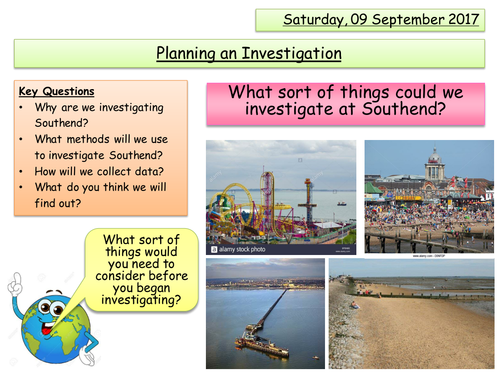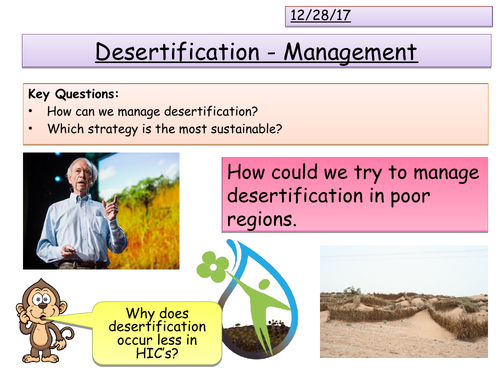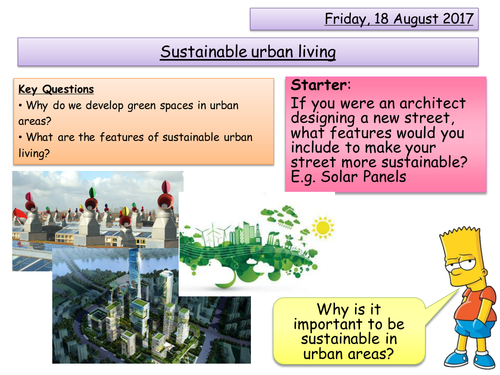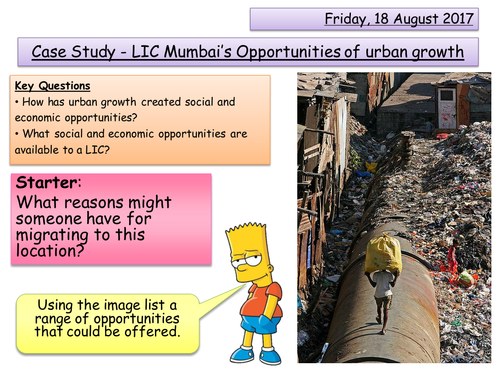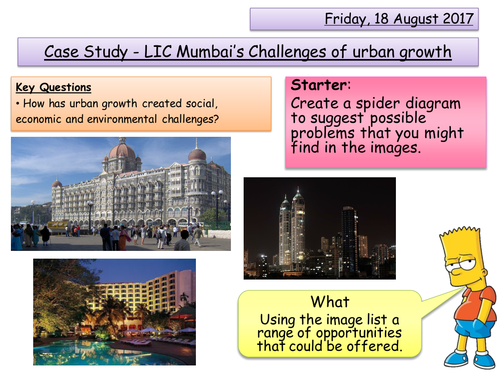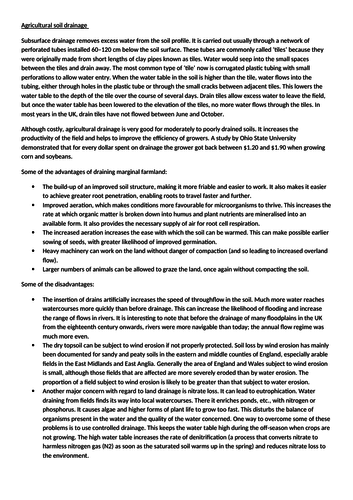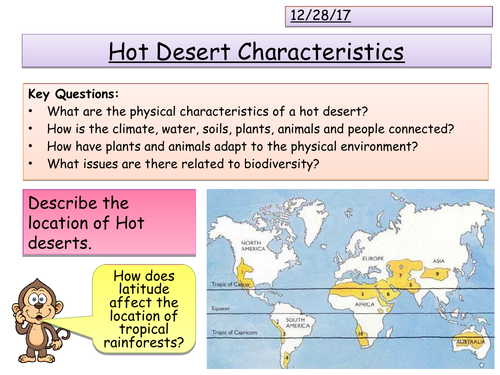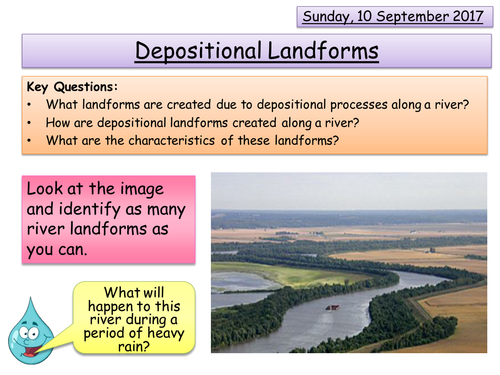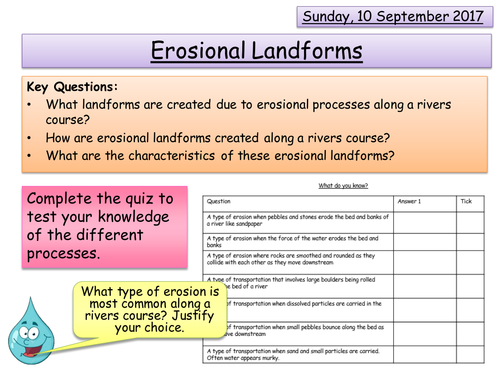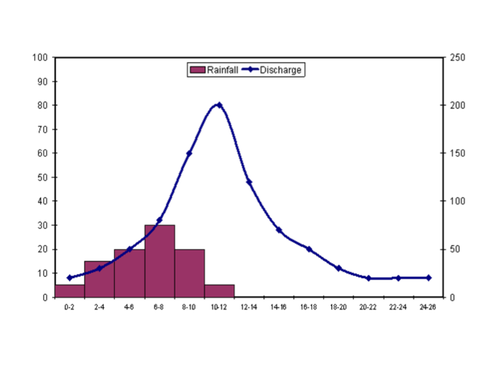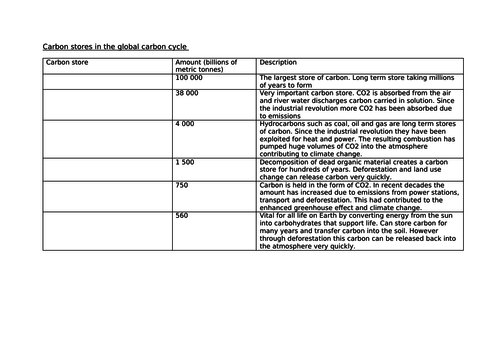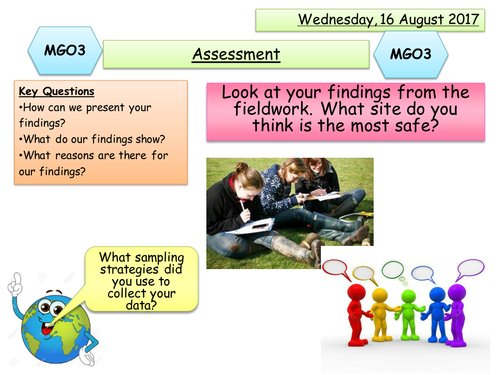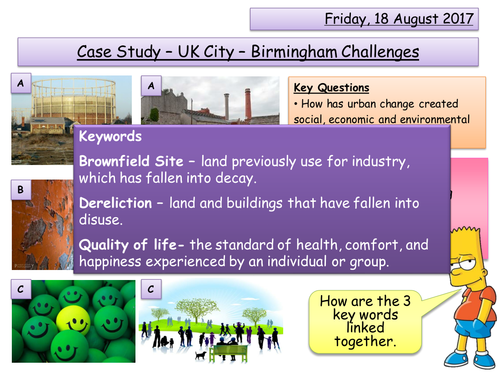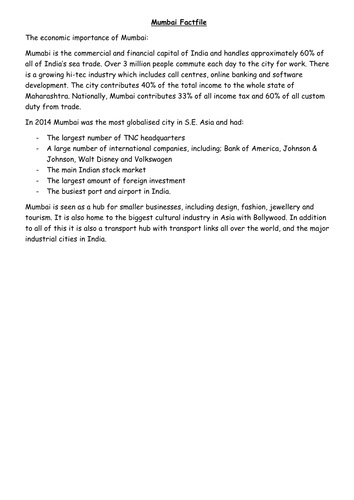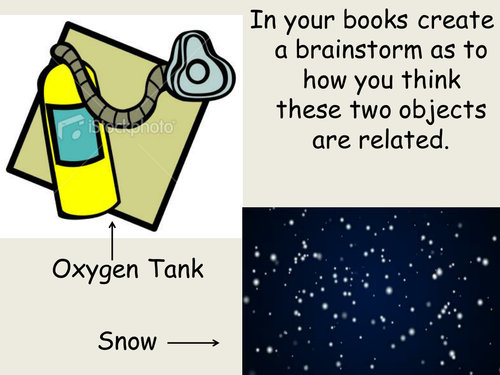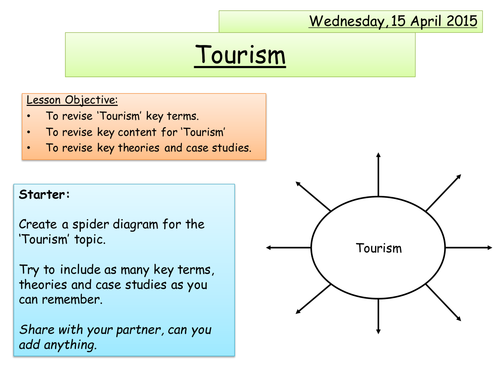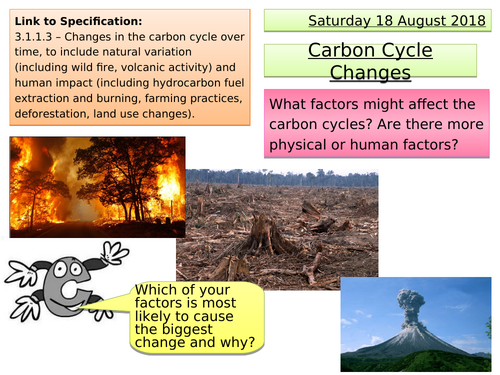
156Uploads
221k+Views
281k+Downloads
All resources

Monsoons
This lesson is the fourth in a sequence of lessons for the topic Asia. This lesson aims to get students to think about the following:
What a monsoon is
Monsoon formation
Impacts of a monsoon

Coastal Fieldwork
This lesson aims to allow students to conduct fieldwork based around the coast. This lesson contains 3 individual lessons:
Lesson 1 is a preparation lesson, where students think about what could be investigated at a coastal location, what methods and sampling could be used, in addition to coming up with a hypothesis. This lesson would need to be followed by conducting the fieldwork in a coastal location. Included in this lesson is an activity book that can used at a coastal location with groynes.
Lesson 2 is an assessment based lesson which gets students to present their findings, analyse their findings, before drawing conclusions of their findings.
Lesson 3 is then the feedback element where students are encouraged to improve their fieldwork skills.
NOTE - This lesson is based around Southend but is easily adaptable for any location with a groyne. Also note that MG03 is based around AO4 on the GCSE specification, but this has been reduced to what is expected from a year 8 student.

Managing Desertification
This lesson is based around the new AQA GCSE specification. This is a lesson in the unit titled Living World. The main aim of this lesson is to cover the following element of the specification:
- Strategies used to reduce the risk of desertification – water and soil management, tree planting and use of appropriate technology.
NOTE - When it refers to page numbers please refer to the information provided.

Sustainable Urban Living
This lesson is based around the new AQA GCSE Specification. This is a lesson in the unit titled Urban Issues and Challenges. The main aim of this lesson is cover the following element of the specification:
Features of sustainable urban living:
• water and energy conservation
• waste recycling
• creating green space.

A Major City - Mumbai's Opportunities
This lesson is the second part of the major city you must cover in the new AQA GCSE specification. This lesson aims to cover the following element from the specification:
- how urban growth has created opportunities:
• social: access to services – health and education; access to
resources – water supply, energy
• economic: how urban industrial areas can be a stimulus for
economic development
NOTE - When it refers to page numbers please refer to the factfile document attached.

A Major City - Mumbai's Challenges
This lesson is the third part of the major city you must cover in the new AQA GCSE specification. This lesson aims to cover the following element from the specification:
- how urban growth has created challenges:
• managing urban growth – slums, squatter settlements
• providing clean water, sanitation systems and energy
• providing access to services – health and education
• reducing unemployment and crime
• managing environmental issues – waste disposal, air and water pollution, traffic congestion.

Water Cycle Changes - AQA A Level
This lesson is based around the new AQA A Level specification. This is a lesson in the unit titled Water and Carbon Cycles. The main aim of this lesson is to cover the following element of the specification:
3.1.1.2 – Changes in the water cycle over time to include natural variation including storm events, seasonal changes and human impact including farming practices, land use change and water abstraction.
Any pages referenced are from the Oxford physical textbook.
Please note I do not own the rights to any of the images used in this powerpoint.

Hot Desert Characteristics
This lesson is based around the new AQA GCSE specification. This is a lesson in the unit titled Living World. The main aim of this lesson is to cover the following element of the specification:
- The physical characteristics of a hot desert.
- The interdependence of climate, water, soils, plants, animals and people.
- How plants and animals adapt to the physical conditions.
- Issues related to biodiversity
NOTE - When it refers to page numbers please refer to the information provided.

Depositional Landforms - Rivers
This lesson is based around the new AQA GCSE specification. This is a lesson in the unit titled River landscapes in the UK. The main aim of this lesson is to cover the following element of the specification:
- Characteristics and formation of landforms resulting from deposition - levees, floodplains and estuaries.

Tourism in Thailand
This lesson is the fifth in a sequence of lessons for the topic Asia. This lesson aims to get students to think about the following:
How tourism in Thailand has changed over time
The link between tourism and GDP
Why people visit Thailand
The impacts of tourism on Thailand

Erosional Landforms - Rivers
This lesson is based around the new AQA GCSE specification. This is a lesson in the unit titled River landscapes in the UK. The main aim of this lesson is to cover the following element of the specification:
- Characteristics and formation of landforms resulting from erosion - interlocking spurs, waterfalls and gorges.

Hydrographs - AQA A Level
This lesson is based around the new AQA A Level specification. This is a lesson in the unit titled Water and Carbon Cycles. The main aim of this lesson is to cover the following element of the specification:
3.1.1.2 – The water cycle
Runoff variation and the flood hydrograph.
Any pages referenced are from the Oxford physical textbook.
Please note I do not own the rights to any of the images used in this powerpoint.

The Carbon Cycle - AQA A Level
This lesson is based around the new AQA A Level specification. This is a lesson in the unit titled Water and Carbon Cycles. The main aim of this lesson is to cover the following element of the specification:
3.1.1.3 – Global distribution, and size of major stores of carbon – lithosphere, hydrosphere, cryosphere, biosphere, atmosphere.
Factors driving change in the magnitude of these stores over time and space, including flows and transfers at plant, sere and continental scales. Photosynthesis, respiration, decomposition, combustion, carbon sequestration in oceans and sediments, weathering.
Any pages referenced are from the Oxford physical textbook.
Please note I do not own the rights to any of the images used in this powerpoint.

Planning an Investigation - Presentation, Analysis and Conclusion
This lesson aims to get students to think about how to present, analyse and draw conclusion from data they have collected in the field. This is the 2nd lesson and links to planning an investigation. It gets students to pick appropriate presentation methods, describe and explain their results and to draw conclusions of their investigation. By the end of the lesson students will be able to answer the following key questions:
How can we present your findings?
What do our findings show?
What reasons are there for our findings?

Major UK City - Birmingham's Challenges
This lesson is the first part of the major UK city you must cover in the new AQA GCSE specification. This lesson aims to cover the following element from the specification:
How urban change has created challenges:
• social and economic: urban deprivation, inequalities in housing,
education, health and employment
• environmental: dereliction, building on brownfield and
greenfield sites, waste disposal
• the impact of urban sprawl on the rural–urban fringe, and the
growth of commuter settlements.
Bundle

Extreme Environments
A variety of lessons that cover the unit Extreme Environments. This bundle contains 8 lessons and focuses on Hot Arid and Polar Regions, which are the key focus of the AQA GCSE specification.

A Major City - Mumbai's Importance
This lesson is the first part of the major city you must cover in the new AQA GCSE specification. This lesson aims to cover the following element from the specification:
- The location and importance of the city, regionally, nationally and internationally.
- Causes of growth: natural increase and migration
NOTE = When it refers to a page number please use the factfile provided.

Mount Everest
A lesson based on a climb up Mount Everest, it allows students to develop their decision making and gain a better understanding of what mount Everest is like.

Tourism Revision (AQA A)
This is a revision lesson that was created for my year 11's based on the AQA A spec. It focuses on the following: Cities attractions, External factors, Butlers model, Blackpool, Tourism growth, Mass tourism, Managing tourism and Antarctica.

Carbon Cycle Changes - AQA A Level
This lesson is based around the new AQA A Level specification. This is a lesson in the unit titled Water and Carbon Cycles. The main aim of this lesson is to cover the following element of the specification:
3.1.1.3 – Changes in the carbon cycle over time, to include natural variation (including wild fire, volcanic activity) and human impact (including hydrocarbon fuel extraction and burning, farming practices, deforestation, land use changes).
Any pages referenced are from the Oxford physical textbook.
Please note I do not own the rights to any of the images used in this powerpoint.


